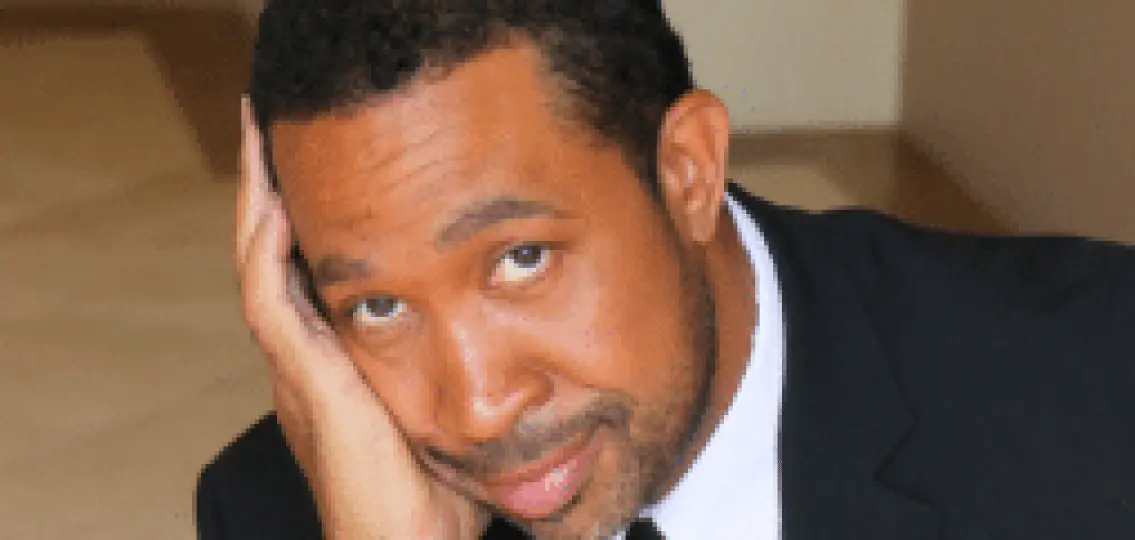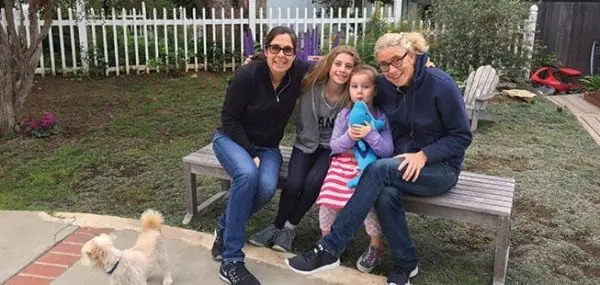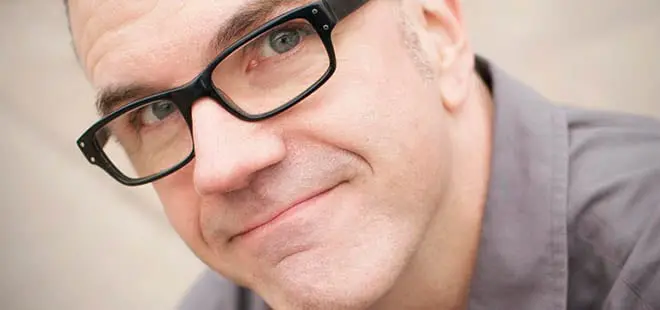An interview with actor John Marshall Jones who plays Mr. Stokely in Nickelodeon’s series, The Troop.
Interview with John Marshall Jones
Q: You became a parent in college. How did you care for your son?
Jones: I was a 20-year-old college student when my son was born, so being a parent was definitely a big adjustment that I had to make at that point in my life. My son did not live with me at the time, so I was able to continue my education. I did not have very much money then, but my parents and godparents supported me throughout the challenging time.
Q: What created the strong bond between you and your son as he got older?
Jones: When my son was three, I was offered a role in the film, Good Morning Vietnam. While I was filming out of town, I spent time with another dad who called his kids every day. Inspired by his actions, I started sending my son daily postcards to let him know I loved him. While my son and his mother were still living in Florida, I made an effort to call every Sunday. Through our weekly calls, we created a relationship. When he was five, he spent one week visiting me. Then, he began spending whole summers with me in Los Angeles. When he was 11-years-old, he moved in with me.
Q: What were some of the initial challenges of being a single parent?
Jones: You think you know what being a single parent is about until you become one. I was no longer a free, fun-loving bachelor. Caring for him during the summers was very different than full-time parenting. Between lunches, carpools, school and friends, I felt that everything was suddenly my responsibility. I was okay with the changes, but my son needed to adjust to a new school that was more demanding. We established a routine – he did his homework right when he got home. Then I would check his work and he would correct his mistakes. Once he was done, he could do what he wanted. He became an all-A student.
Q: How did the values that your parents instilled in you affect your parenting?
Jones: My parents were salt of the earth people. They were very involved in church, and they were committed to teaching good values and morals. They worked hard, and they expected their kids to do whatever was needed to help the family unit. Both my sister and I worked hard to be successful in college and in our careers. The drive and dedication I learned from my parents taught me to be a positive influence in my son’s life.
Q: Did your fame affect your son?
Jones: Having a celebrity parent affected him negatively because he felt like he had so much to live up to with a famous parent. He was receiving all of this attention, but none of it was about him. He did have many friends and did not face any bullying.
Q: Your son dealt with some challenges as he reached adolescence. What did that feel like as a parent?
Jones: When my son was 15, he went through a very difficult period of puberty. I wasn’t exactly sure what was causing his change in attitude and behavior. It took five or six years for him to get diagnosed with and treated for depression. Those years were difficult because I didn’t know how to be helpful. I felt that I was failing as a parent and that my son’s struggles were a reflection of my parenting. At the same time, I was reaching a peak in my acting career. I was playing a single father on the show, Smart Guy, and I felt like I couldn’t talk about my own struggles with parenting. The world was thinking I was a great father while in real life I thought I was a failure.
Q: Did you bring your personal experience to the TV character?
Jones: I tried to. I worked a lot on scripts to make sure they were consistent with good parenting. Everyone involved – writers, producers and actors – all tried to put out the right message with the right tone.
Q: What did you learn from your son’s battle with depression?
Jones: Parents do the best they can with the tools that they have. Without classes or teachers, we try to do the best we can. I found out later that one out of six teens suffers from depression. I discovered that it was not just an emotional phase, but also a chemical imbalance. You don’t need a reason or any external stimuli to become depressed. Depression is a physical malady, just like the flu.
Q: Have you or your son faced any racial discrimination?
Jones: Racism in America comes in many different forms. If you are African American, you deal with subtle racism on a daily basis. Even just people’s perceptions of you are different. If I step onto an elevator with a white woman, she may move over or clutch her purse. It may be because I am African American or it may be because I am big, but she appears scared and uncomfortable.
As for my son, I had to explain the idea of race and racism at an early age in a way that he would not take personally. In one instance, my son received an assignment to write about the qualities of a star. He researched and wrote about the sun, and the teacher gave him an F. She couldn’t explain her reasoning. That could have been racism or just stupidity.
Q: What advice do you have for parents?
Jones: Parenting is the hardest and most rewarding job in the world. Try not to judge yourself for your mistakes because you are still growing and changing. You can only strive to do your best. Be careful in your decisions. No matter how it appears today, the morals and values you share and live by will win in the end. Even when they aren’t listening, your children really can hear. They store the information for when they are old enough to put it to use.





